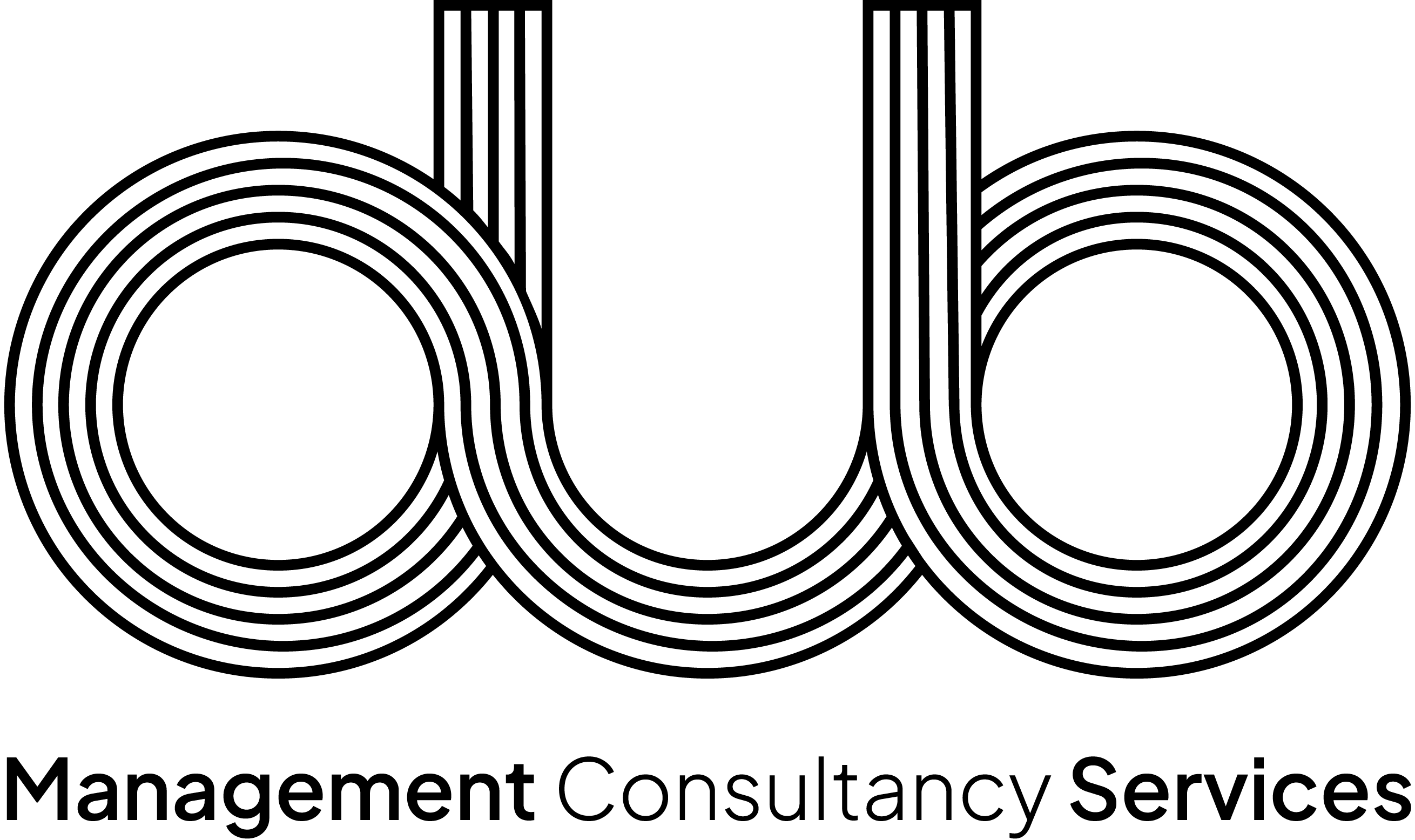United Arab Emirates (UAE) is a world business and innovation hub where firms from around the world arrive to position their businesses in its growing economy. But with expansion comes the preservation of compliance with local law and financial reporting transparency. Audits play a crucial role in achieving these goals, providing businesses with the assurance that their operations are aligned with legal requirements and best practices. In this article, we’ll explore the different types of audits in the UAE, the importance of audit services, and how businesses can benefit from working with reputable audit firms in Dubai and across the country.
Why Are Audits Important for UAE Businesses?
Audits are more than just a regulatory requirement—they’re an essential tool for building trust among stakeholders, including investors, customers, and government authorities. Whether you’re a multinational corporation or a small-to-medium enterprise (SME), conducting regular audits ensures your financial records are accurate, your operations comply with UAE laws, and your company is prepared for future growth.
Audits in the UAE are governed by law and regulation that seek to promote financial integrity and prevent fraud. For example, businesses engaged in free zones such as the Dubai International Financial Centre (DIFC) or Jebel Ali Free Zone (JAFZA) generally must give audited financial statements annually. Even mainland companies must satisfy audit requirements provided for under the UAE Commercial Companies Law.
Types of Audits Mandatory for UAE Companies
There are several types of audits that UAE companies may have to conduct, based on their business sector, size, and organizational structure. Here’s a closer examination of the most popular ones:
Financial Audit
The most common type of audit conducted in the UAE is the financial audit. It is conducted to ensure that the company’s financial reports accurately depict its existing financial position. Audit companies based in Dubai and other emirates examine if the books of accounts comply with International Financial Reporting Standards (IFRS), which is widely adopted in the UAE.
Financial audits are particularly important for companies seeking loans, attracting investors, or preparing for mergers and acquisitions. They provide credibility to your financial data and help identify areas for improvement in your accounting practices.
Internal Audit
Internal audits entail evaluating a firm’s risk management systems, procedures, and internal controls. Unlike financial audits whose primary concern is external reporting issues, internal audits are focused on improving operational efficiency and restricting risks within the firm.
UAE corporation audit firms often undertake internal audit services that allow organizations to automate their business processes, govern themselves effectively, and secure their assets. It is most crucial for large and complex organizations to carry out this type of audit.
Tax Audit
Now that there is Value Added Tax (VAT) in the UAE since 2018, tax audit has become even more prominent to companies. Tax audit is the process of going through the VAT returns of a company, its invoices, and other documents related to taxation and checking if they are in line with UAE taxation laws.
Tax audits are conducted by the Federal Tax Authority (FTA) to verify that businesses are properly calculating and remitting VAT. Non-compliance can result in penalties, so it is advisable for businesses to hire seasoned audit firms with expertise in tax audit services in the UAE.
Compliance Audit
Compliance audits verify whether or not a business is in compliance with some laws, regulations, and industry standards. Compliance audits are particularly required for businesses that are operating in regulated businesses such as healthcare, finance, and real estate.
For example, a compliance audit can check whether a financial institution is following anti-money laundering (AML) regulations or a building firm follows safety measures. Corporate audit companies in the UAE can help companies navigate such complex requirements and avert potential legal issues.
Operational Audit
Operational audits are focused on assessing the effectiveness and efficiency of operations of a firm. They go beyond the financial to consider the such as supply chain management, customer care, and productivity of workers.
Operational audits can make firms reduce expenses, boost profitability, and achieve long-term prosperity through the identification of inefficiencies and proposing change.
Forensic Audit
Forensic audits are conducted if fraud or financial misconduct is suspected within an organization. Forensic audits connote examining financial records, transactions, and other papers to uncover traces of misconduct.
Although forensic audits are not an everyday requirement, they are extremely important if fraud or problems crop up. Forensic audit expert companies in Dubai can be extremely useful in such situations.
Choosing the Appropriate Audit Services in the UA
With all the audit services available, it can be intimidating to pick the right one for your company. To make things easier, consider hiring an established audit company that knows the special needs of UAE businesses. Pick companies that are experienced in your industry, have a strong background, and operate according to ethical standards.
Audit firms in Dubai and other cities of the world offer a comprehensive list of services including financial audit to specialized tax and compliance audits. Having experts who are well-versed with UAE audit laws alongside you, you can ensure that your business remains compliant, transparent, and ready for growth.
Final Thoughts
Audits are an essential component of doing business in the UAE, helping companies remain compliant, build credibility, and improve efficiency. Whether you need a financial audit to attract investors or a tax audit to meet FTA requirements, learning about the different types of audits can help you make informed decisions.
With the assistance of expert audit facilities in the UAE, businesses can not only satisfy their compliance obligations but also value beneficial perspectives into where they are heading and areas of improvement. With the UAE growing more active as an international business hub, being proactive about audits will be key to staying on top within this competitive space.




